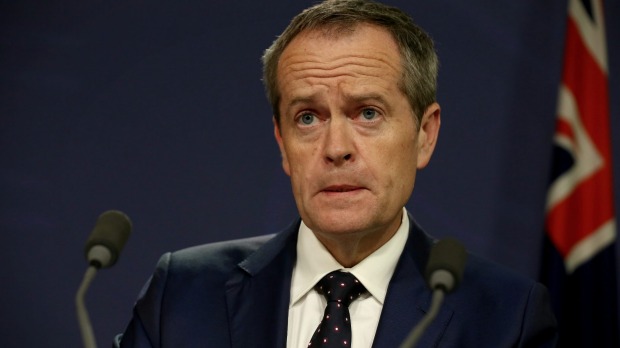
I love it when I get a phone call from a pollster. Unlike my beloved whose response is always to hang up, I have things to say and people to whom I want to say them. When I say people, I mean the politicians who run our country.
To those of you who say you can never see your views mirrored in poll results I say this: 1, answer your phones, even if the call is from a blocked number; 2, take your number off the Do Not Call register; and 3, answer your doors to strangers.
I must say I prefer the real people and not what’s called a robopoll, where I just have to choose numbers and press buttons. With real people, I get to send messages to the “clients”. When I say clients, I mean political parties. Oh how I hated the ReachTel poll. I am a real person with real views and would prefer to speak to a real person.
John Hampshire picked up the landline last Saturday morning in his what-should-be-safe-Labor seat. And if it is safe Labor, then the politician representing Hampshire will be Linda Burney, standing in the federal seat of Barton, which has new boundaries. Anthony Green, election analyst for the ABC, now describes it as Labor with a margin of 4.4 per cent.
The seat I’m in is a lot safer than that. Yet, here we all are, having our views canvassed about our voting intentions. Hampshire has only been polled once. I’ve been polled three times in three weeks, always from a different organisation.
But the one thing all these polls have had in common is questions about Medicare.
It’s number one on my list of issues I care about. Number one. And when I have conversations with others, it’s also number one on their lists.
Our healthcare system is among the best in the world – actual value for money. Our life expectancy for both men and women is higher than the OECD average so whatever we spend on health, we get back because people who live longer, pay tax longer.
And in comparison to other countries, our health spending isn’t out of control. When you look at what Australia spends compared to other OECD countries, we are in the middle of the pack – a little bit less as a percentage of our GDP and a little bit more if you look at spending per head.
For some reason, the Liberal Party has found itself all tied up with special interest groups which want healthcare to be privatised. But that’s all they are, special interest groups; and they don’t represent the views of the rest of us. Most of us aren’t employed by private health funds. Somehow though, those special interest groups have done an awesome job of brainwashing policymakers in the Liberal Party that health spending is out of control.
I was pretty chuffed that the Prime Minister finally promised to ensure that the backend of Medicare isn’t hived off to some group like Medibank Health Solutions, the company which doesn’t seem to mind sharing your information with whoever wants it.
But I do find it irritating that he thinks that is the only kind of privatisation.
This government has already “privatised” much of our health system.
Stephen Duckett, the director of the health program at the Grattan Institute, says that while the Prime Minister did indeed promise to keep back-office operations in house, nothing he said could be applied to the biggest privatisation of health already under way in Australia, the co-payment, which the government is forcing on all of us by freezing the GP Medicare rebate.
“Privatisation is increasing the proportion of private payment in the health system,” says Duckett. That’s what happens with the freeze. It forces us to pay so our GPs can continue to provide healthcare.
Nowhere are the risks of privatisation more clearly spelt out than in a new report by Rob Watts, professor of social policy at RMIT. He and his team of researchers set about to examine the effect privatisation has had in Australia; and he says Australians have not benefited in any of the cases he examined. Not Telstra. Not the banks.
“It’s a trend we have seen. Organisations are required to behave like profit-seeking entities, and that then includes culture change and means talking the talk of business people. It adds to the cost structure and changes the point and purpose of the organisation,” says Watts.
But more troublingly for health, Watts says that the move to privatisation pushes other agendas beyond the key goal, which should be the health outcomes of Australians.
“That’s where you start to see the push to begin to compromise clinical decision-making and medical nursing practice under the sign of the need to return a surplus or meet other economic efficiency criteria.”
Watts’ research was funded by the Unitarian Church of East Melbourne, which also funded the research into the now widely mocked National Commission of Audit. Its purpose was to examine the social and economic value of the privatisation project.
“[With privatisation], there is a simple basic claim that if we create a market, you would get improvement in quality of service and we would all benefit.
“But that hasn’t happened.”
And we all need to make sure it won’t happen to Medicare. Tell the pollsters how much our health matters. But more importantly, tell the ballot box.
